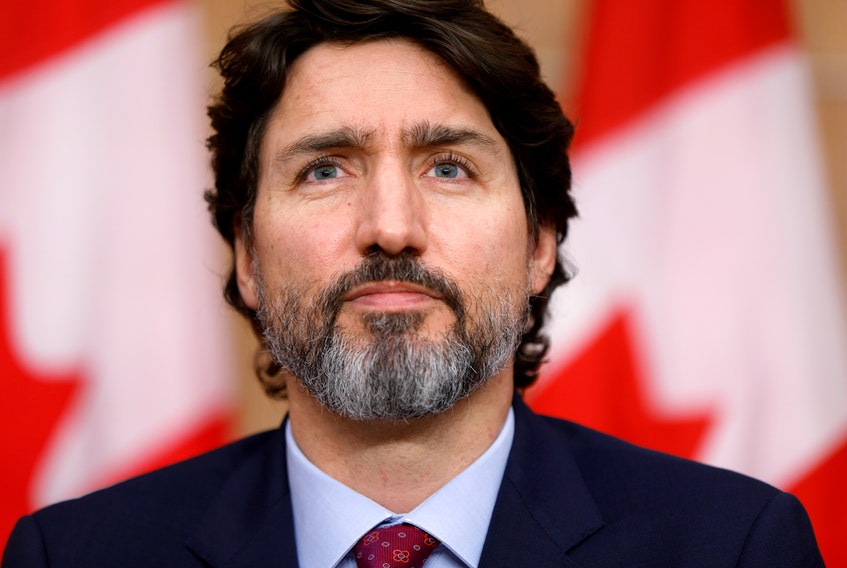By
August 3, 2021
-Western Standard
Political insiders say a late-September federal election is almost certain, leading political scientists and strategists to speculate how it will play out.
As July wound down, the Hill Times reported National Liberal Campaign Director Azam Ishmael told candidates to rent campaign offices for two months. Given that federal election campaigns are 36 to 50 days, it seems Canadians will soon return to the polls.
Daniel Bernier with Earnscliffe Strategies told Western Standard the stage is set.
“You don’t call an election before the Nova Scotia one is over,” Bernier said, of the August 17 provincial ballot. “I see the [federal] election at the end of September. Unless something happened dramatic, I would say it would be the 27th or something like that.”
Nelson Wiseman, political science professor at the University of Toronto, agrees.
“Yes, the government is hell bent on having an election. There are some unpredictables, however. If we get a very bad spike of COVID-19 cases that might dampen their enthusiasm,” he said.
Wiseman said most voters will keep their partisan loyalties, but some familiar sentiments may emerge.
“For some people, it’s going to be oh Trudeau has been in power too long. The Liberals will try to make it sound as they do in other elections: ‘Oh, if you elect the Conservatives, abortion rights will be threatened, gay rights will be threatened. There’ll be dramatic cuts to social programs,’” Wiseman explained.
“Trudeau in Quebec is going to be arguing that the Bloc can’t get anything done, and Quebecers are better having somebody…on the government side….In the rest of the country, he’ll just give the same stuff: ‘We’re there for Canadians when they need when they need a helping hand. We tried to show that in the pandemic,’ that sort of thing.”
Bernier believes if the Liberals lose votes to the NDP, the ironic result would be more wins for Conservatives and the Bloc.
“I don’t see major gains made by the Liberals in the regions [of Quebec outside the main cities]. I don’t see that. But the real question would be, are they keeping all Montreal like they have, are they losing some seats in Quebec, or they’re saving their bacon there?” Bernier asked.
A recent IPSOS poll for Global showed that the pandemic trails in order of importance to Canadians behind healthcare, affordability and cost of living, climate change and the economy. Conservatives were seen as best able to handle the economic issues, and Liberals the others.
Bernier expects Canadians will assess Trudeau’s response to the pandemic, whether the spending was excessive, and how the economy can be restored. Bernier does not expect major shifts despite potential battlegrounds in the largest provinces, including Ontario.
“There were some ridings that were very tight, below the one percent line last time. So, I think that there might be some minor switch in seats unless there’s something that really triggers the Ontarians. But for the moment, I don’t see it,” Bernier said.
“The Canada US border is a big issue for the interior, because almost half of the goods are going through that border.”
Many other smaller issues could cause ripples, given their timing, such as the $500 Canadians 75 or older will receive from the federal government the week of August 16. Agreements to allow federal child care dollars to flow to the provinces for child care could also soon be formalized.




